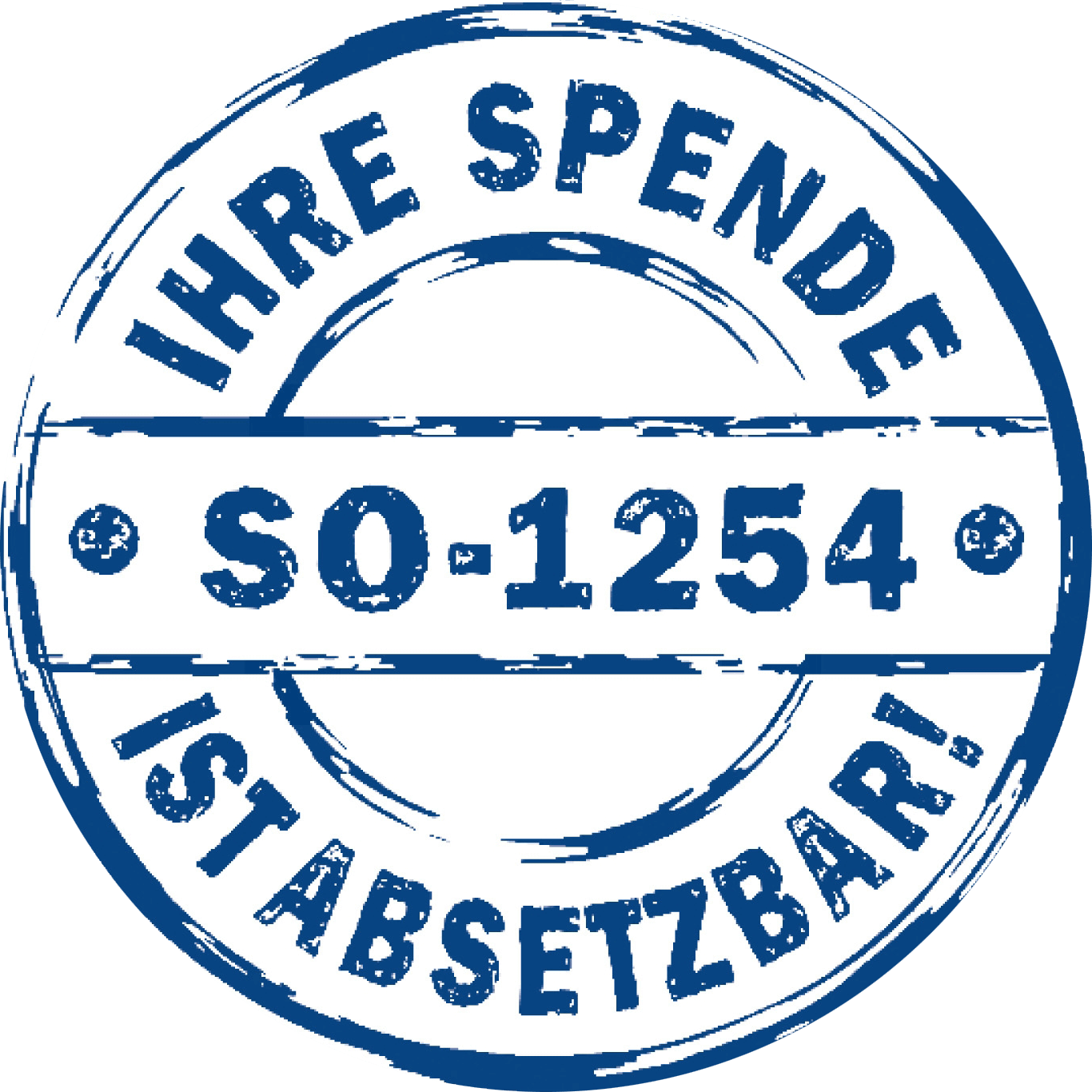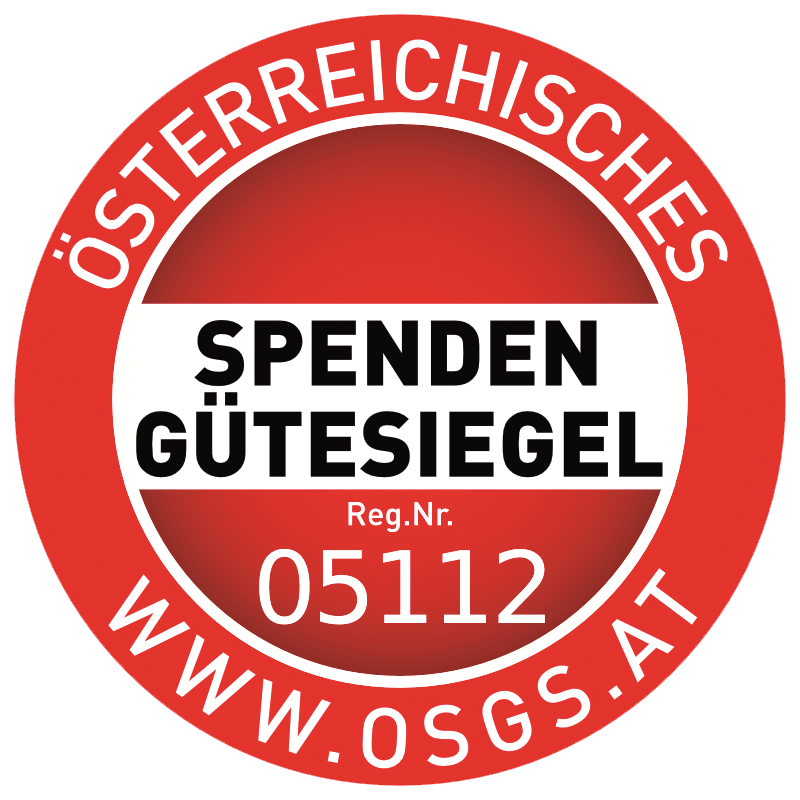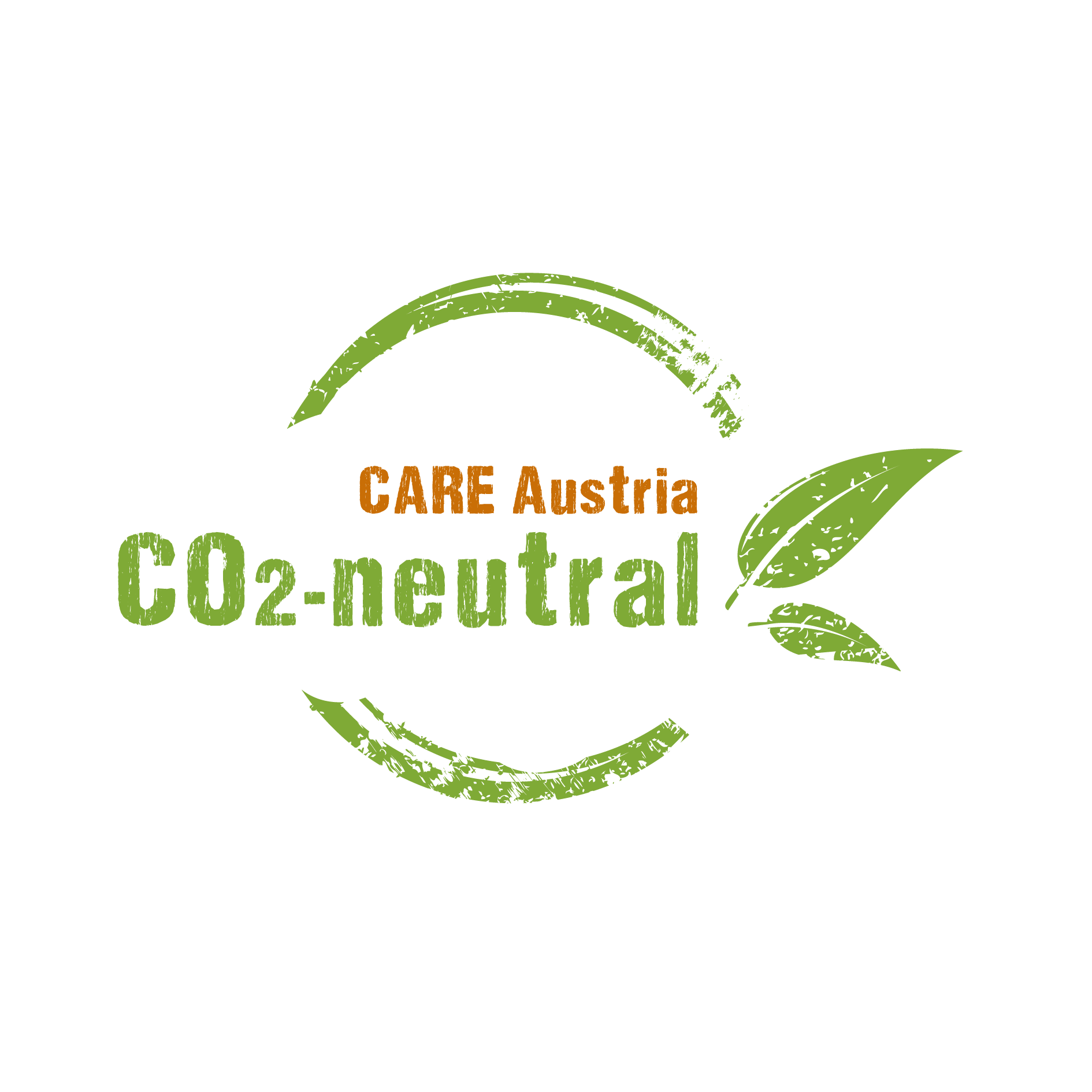Jordan: Building Resilience Among Refugees and their Jordanian Hosts – Phase II – JOR937
Jordan has been deeply impacted by the crisis in neighbouring Syria, and is now host to the second largest share of refugees in the world at 89 registered refugees for every 1,000 inhabitants. In mid-January 2019, Jordan was home to 1.36 million Syrians, 671,579 of them registered refugees, 67,600 Iraqi refugees, 14,457 Yemeni refugees, and more than 8,500 refugees from Sudan, Somalia and other countries according to UNHCR and Jordan’s Ministry of Planning and International Cooperation. Most of these refugees (83.5%) reside in the country’s urban centres (the remainder live in Jordan’s three refugee camps, including Azraq camp, home to 40,442).
The unique challenges for refugees and Jordanians posed by such a large and long-term refugee population include strained public resources (such as infrastructure, education and health), poverty (85% of refugees are below the poverty line), and fragile social cohesion and stability.
Given the likelihood that refugee community members may stay in Jordan, coupled with the rapidly diminishing resources and decreasing public services, it remains crucial to continue providing support to the most vulnerable community members.
Overall Objective
To enhance resilience and protection, especially from gender-based violence (GBV), for the most vulnerable Syrian refugees and host Jordanians, particularly women and girls, through improved access to dignified, sustainable livelihoods and participation
Specific Objective
To improve access to dignified, sustainable livelihoods for the most vulnerable men and women refugees and Jordanians in highly-impacted host communities, while promoting prevention of GBV and increasing female economic and social participation.
Expected Results
ER1. Increased awareness of rights and ability to meet legal job market requirements among vulnerable urban refugees in target communities
ER2. Improved access to and participation in the labour market for vulnerable refugees and host Jordanians, especially women.
ER3. Increased economic participation and ability to secure dignified, sustainable livelihoods for vulnerable refugee camp population, mostly women.
Main Activities
- Provide vulnerable refugees with information at community centres in Amman and Zarqa
- Assist targeted vulnerable Syrian refugees in obtaining work permits
- Conduct two targeted media campaigns on access to legal work for Syrian refugees
- Train refugees in basic life skills and workforce readiness, including GBV protection
- Train Jordanian secondary-school graduates in work preparedness and GBV protection
- Train female graduates of Phase 1 VSLAs in advanced business development and GBV, as per needs assessment
- Train refugee and Jordanian women participants in VSLAs in business skills and GBV awareness
- Hold a job fair to link job seekers with work opportunities in sectors that are open and welcoming to refugees and host Jordanians
- Select and provide female entrepreneurs with grants for expanding an existing business
- Select and train female entrepreneur role models in communication and mobilization
- Facilitate nationwide tours for the selected role models promoting women’s economic participation
- Train Azraq Camp refugees in advanced sewing, home appliances maintenance, and shoe repair, etc. and GBV awareness.
- Train IBV database registered refugees in communication, community service, and protection, as articulated by those targeted
Location
Amman, Zarqa and Azraq refugee camp
Beneficiaries
It seeks to reach directly a total of 2,247 of the most vulnerable male and female beneficiaries (especially female-headed households, SGBV survivors or those at risk, people with disabilities, the elderly, children, youth, etc.). Vulnerable beneficiaries will be referred through a needs assessment process (supported by other donors) at CARE’s community centres in the three project areas using the Vulnerability Assessment Framework and CARE’s own needs assessment SOPs, applied equitably and without discrimination by CARE’s trained and experienced staff.
Duration
01.11.2019 – 30.06.2022
Total Budget
€ 800,000
Donors
This project is funded by the Austrian Development Agency (ADA) (with funds of Austrian Development Cooperation).
This project contributes to the following sustainable development goals (SDGs):









